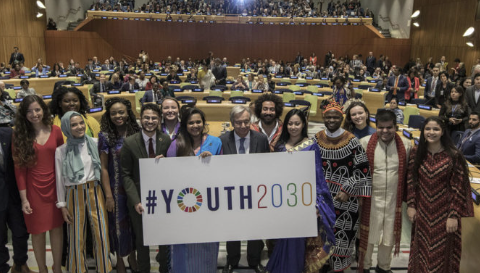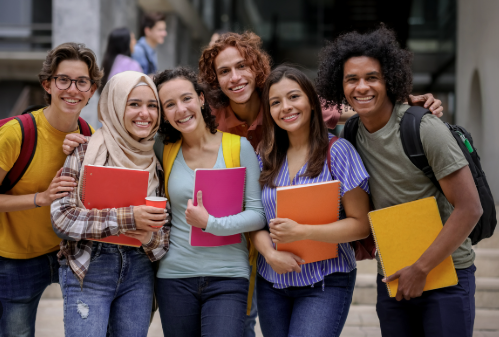Higher learning plays a crucial role in shaping individuals who are not only knowledgeable but also socially aware and globally minded. Through diverse academic programs, cultural exchange, and community engagement, institutions of higher learning foster the development of global citizenship—a mindset that emphasizes responsibility, empathy, and active participation in the global community.
One of the key ways higher education contributes to global citizenship is through exposure to diverse perspectives. College campuses often bring together students and faculty from various cultural, religious, and national backgrounds. This environment encourages dialogue, understanding, and collaboration, helping students appreciate global diversity and interdependence.
Curriculum design also supports global awareness. Courses in international relations, environmental studies, global health, and cultural studies equip students with knowledge about world issues and encourage them to think critically about global challenges. Study abroad programs, virtual exchange initiatives, and partnerships with international institutions further deepen this global learning experience.
Community service and civic engagement are additional avenues through which students develop a sense of global responsibility. Many higher learning institutions integrate service-learning projects into academic programs, connecting students with local and international communities. These experiences allow students to apply their learning while contributing positively to society.
Higher education also encourages ethical reflection and leadership. Students are often challenged to consider the moral implications of their actions and how they can lead efforts to create a more inclusive, just, and sustainable world. Through leadership development programs, clubs, and campus events, students learn to advocate for causes and participate in meaningful change.
Technology enhances this impact by connecting students across borders. Online collaboration, international webinars, and digital research platforms enable learners to engage in cross-cultural conversations and shared projects, reinforcing a sense of global community and shared responsibility.
In conclusion, higher learning equips students with the skills, knowledge, and mindset to become active global citizens. By fostering awareness, empathy, and engagement, educational institutions prepare students not just for careers, but for contributing thoughtfully and effectively to the global society.


